How to Add a Skylight or Light Tube
http://decor-ideas.org 02/07/2014 03:22 Decor Ideas
In the gloom of winter, seeing a bit of the sky from inside your home can often be quite soothing. Daylight not only can do wonders for our psychological comfort, but can also be used as part of an integrated design strategy for efficient and passive heat gain. That’s why a skylight can be invaluable.
To help you decide whether or not this is a good project for you to tackle this year, here are some considerations, along with how to get it done.
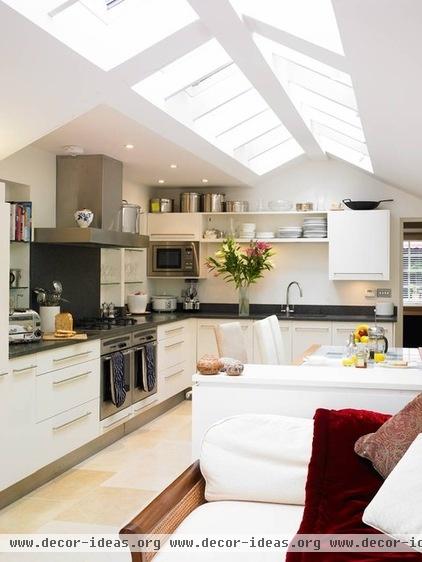
Project: Add a skylight or light tube.
There are some important things to consider before selecting a skylight or light tube. Access to more sunlight can have profound effects on the efficiency of your home’s building envelope, or skin. It’s always best to assess your house from a whole-building design approach (read more about this concept on the National Institute of Building Sciences website).
In new constructions we have the liberty to consider daylighting from the initial design stages. Skylights can be an integrated part of the design of a house, allowing the interior to feel as though it’s connected with the exterior. The proportion of glass compared to the rest of the house can be calculated to reach certain energy-efficiency goals.
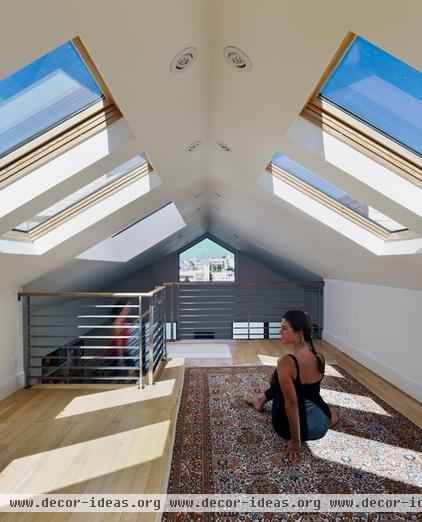
In a renovation, on the other hand, we have to consider what effect a new skylight will have on the efficiency of the existing building.
In some cases the additional sunlight (and therefore heat) can help reduce the amount of energy needed to heat the house. It depends greatly on the local climate, but also on the design of the building envelope of the house.
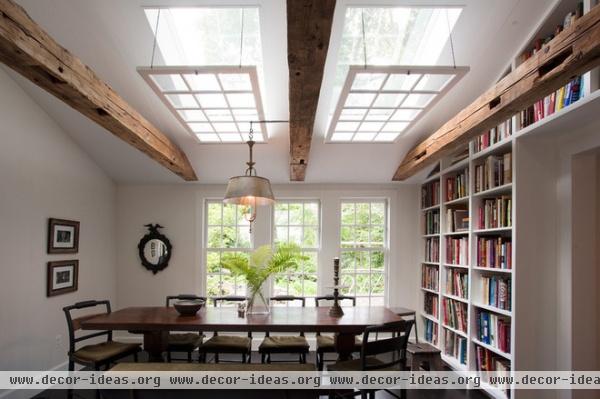
Differences Between a Skylight and a Light Tube
A skylight is like a window on your roof. Simple skylights can be used to bring extra light to a room as a substitute for artificial lighting throughout the day.
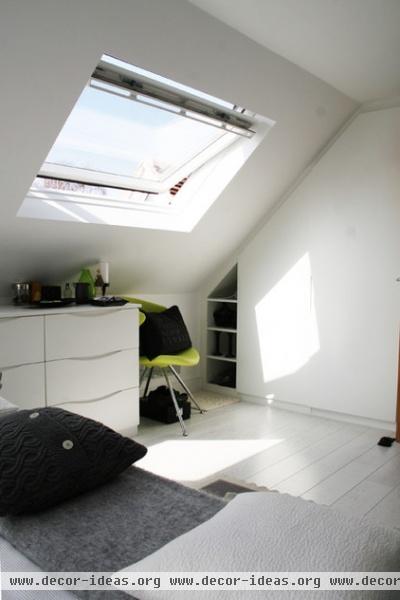
More complex skylights can even offer an access point for roof maintenance (ideal for checking up on a green roof, for example).
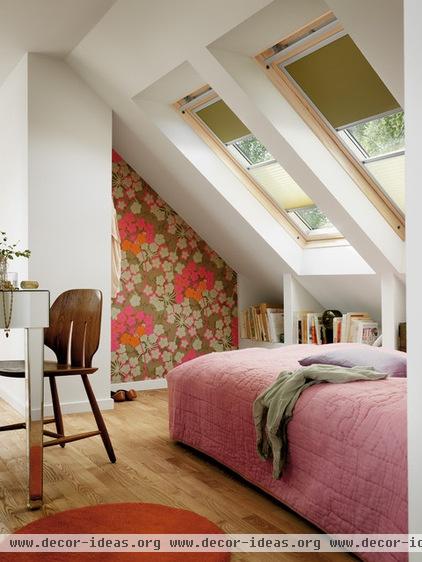
Skylights can be fixed, vented, tinted or even combined with an automated shutter system, and can include a fly screen.
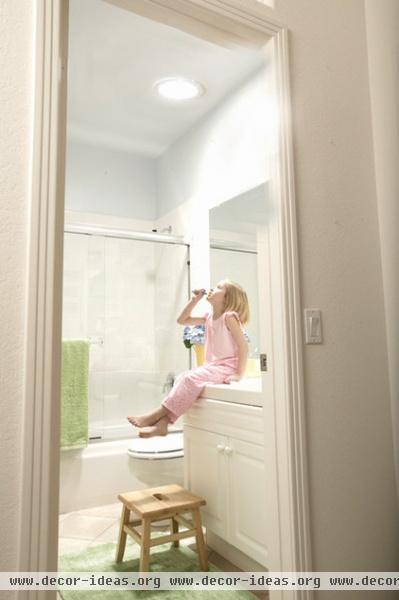
A light tube, on the other hand, is good for rooms that don’t have a ceiling at roof level. It’s basically a reflective pipe that bounces the daylight down to the room where it is needed.
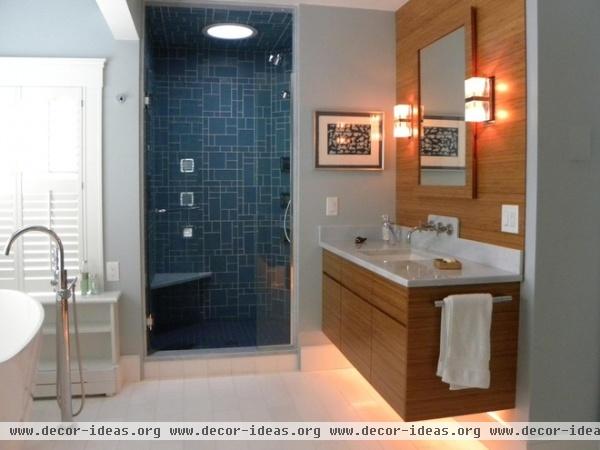
Light tubes can be combined with lighting fixtures, so the same area that lets in daylight during the day can double as a light for the evening.
See more on tubular daylighting devices
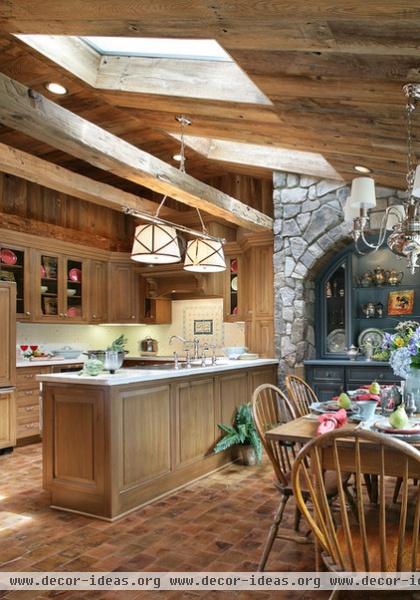
Why install a skylight: For some people it’s as simple as wanting to get more light in the dark corners of the house without paying for electricity to illuminate them. For others skylights can also offer another way to get some fresh air in and let hot air escape in the summer.
It’s a good project for you if: You are working on your roof anyway or if you are adding on to your home. It’s also a great project for homes with zero lot lines or particularly close neighbors. It’s a way to let light in without sacrificing privacy.
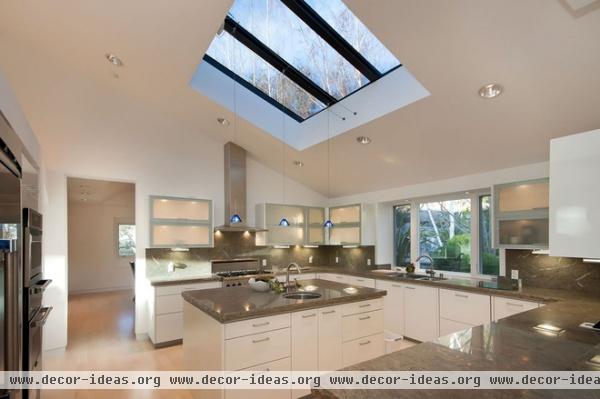
Who to hire: If the energy efficiency of your home is important to you, you should start by hiring a green building professional to calculate the effect a skylight will have on your overall building envelope. If you want to skip right to installation, you’ll need a general contractor or roofer to give you a quote.
Whereas windows are usually sized individually as per the project and installed by the window company, a skylight is usually selected from a range of options, delivered in a box and installed by your general contractor. Most roofing companies also offer skylight and light tube installation as part of the package when they’re working on your roof.
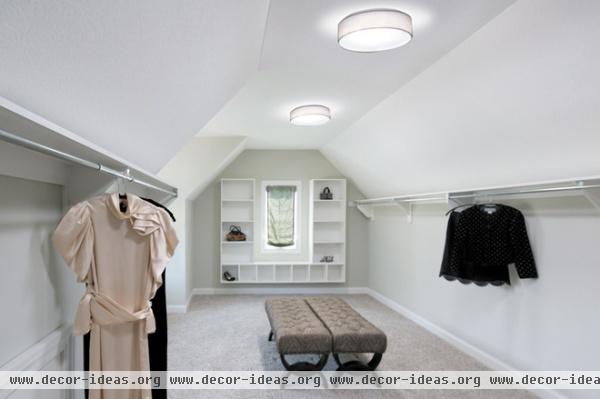
Cost: Light tubes are on the cheaper end of the spectrum, starting at a few hundred dollars with installation. The more complex and the more energy efficient and high quality the skylight, the more expensive it will be. Fixed and manually operable skylights with installation can cost a couple of thousand dollars each; automated systems can cost up to $5,000 installed.
Much of the cost depends on the type of glazing and the type of frame. For example, skylights that are suitable for highly energy-efficient homes like Passive Houses are wood framed, certified for efficiency and triple glazed, and can even be clad in copper (as opposed to aluminum) on the exterior.
The cost for a light tube, on the other hand, is relative to the amount of piping and whether or not a combined electrical light system is being installed as well.
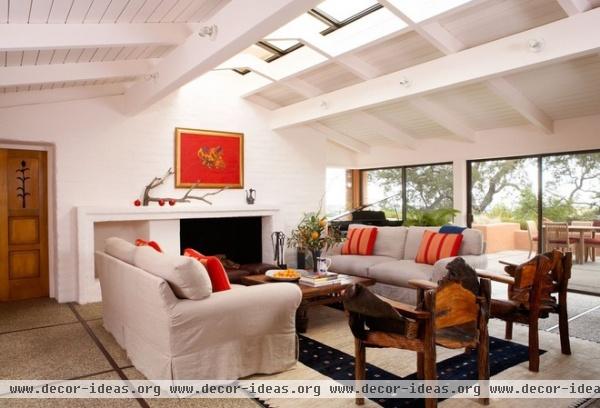
Typical project length: A skylight or light tube on its own doesn’t take too long to buy and install; you could make a nice little weeklong project out of it. If you are doing it as a part of a roof retrofit, however, it will be scheduled appropriately by the roofer as part of the overall work.
Best time to do this project: As a favor to your contractor, you should probably do it when the weather is nice, since he or she will have to be on the roof during installation.
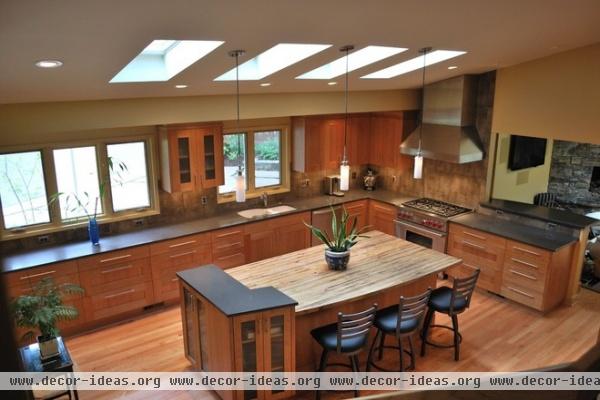
Important notes: Any opening is a weak point in a home’s thermal envelope, and skylights and light tubes can be especially tricky because they are on the roof. While the glass itself can be selected to meet high energy-efficiency standards, it is much more difficult to find frames that have good insulating qualities. And, of course, any opening must be installed with super attention to detail, so you don’t end up with a big leak where heat can escape or cold can enter.
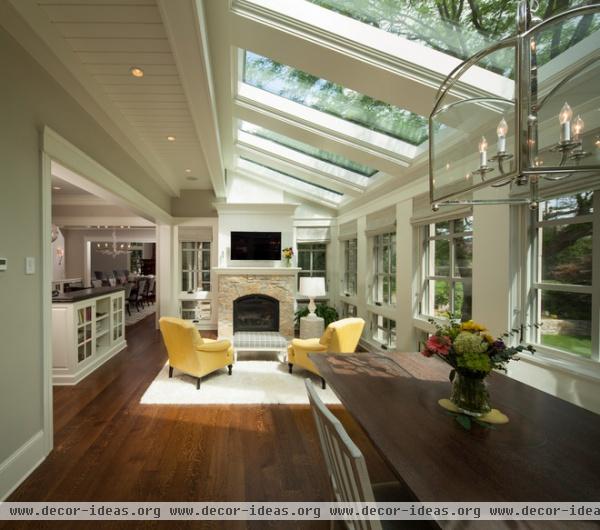
If you live in a particularly warm climate, you should be aware of creating a greenhouse effect in summer. Consider skylights with shading systems or openings to allow hot air to escape.
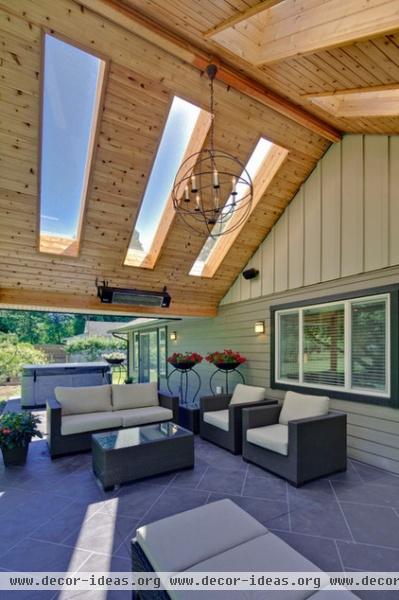
Keep in mind: Skylights aren’t just for use inside. They can also bring light to a covered patio outdoors. In this case concerns about energy efficiency are not necessary.
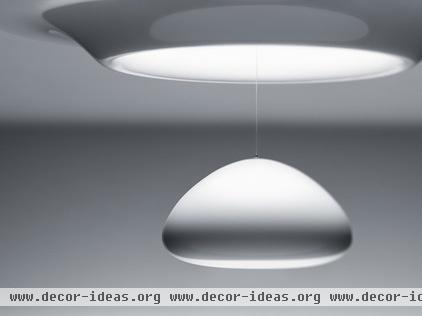
Velux Skylights Calgary First steps: If you’re not sure what kind of natural light you’d like to bring into your space, you may want to try out the Velux Daylight Visualizer. It’s free software that is very easy to use, and allows you to simply render a space with various Velux skylights to get a better understanding of what kinds of light they create.
More: The Glorious Benefits of Skylights
Related Articles Recommended












